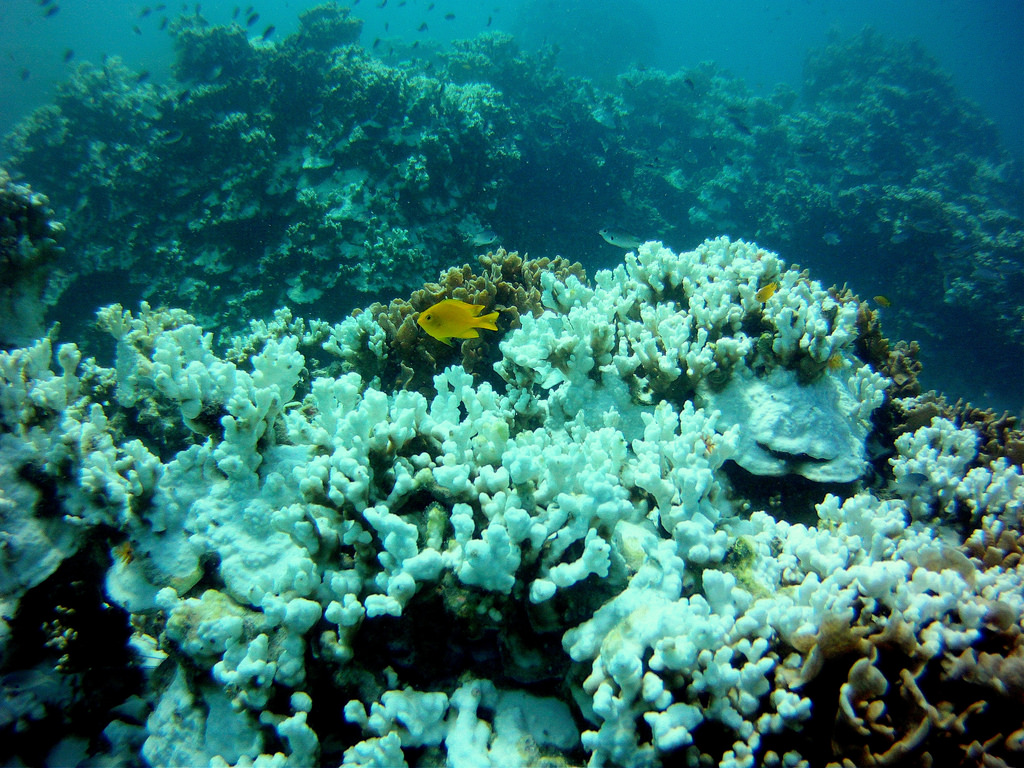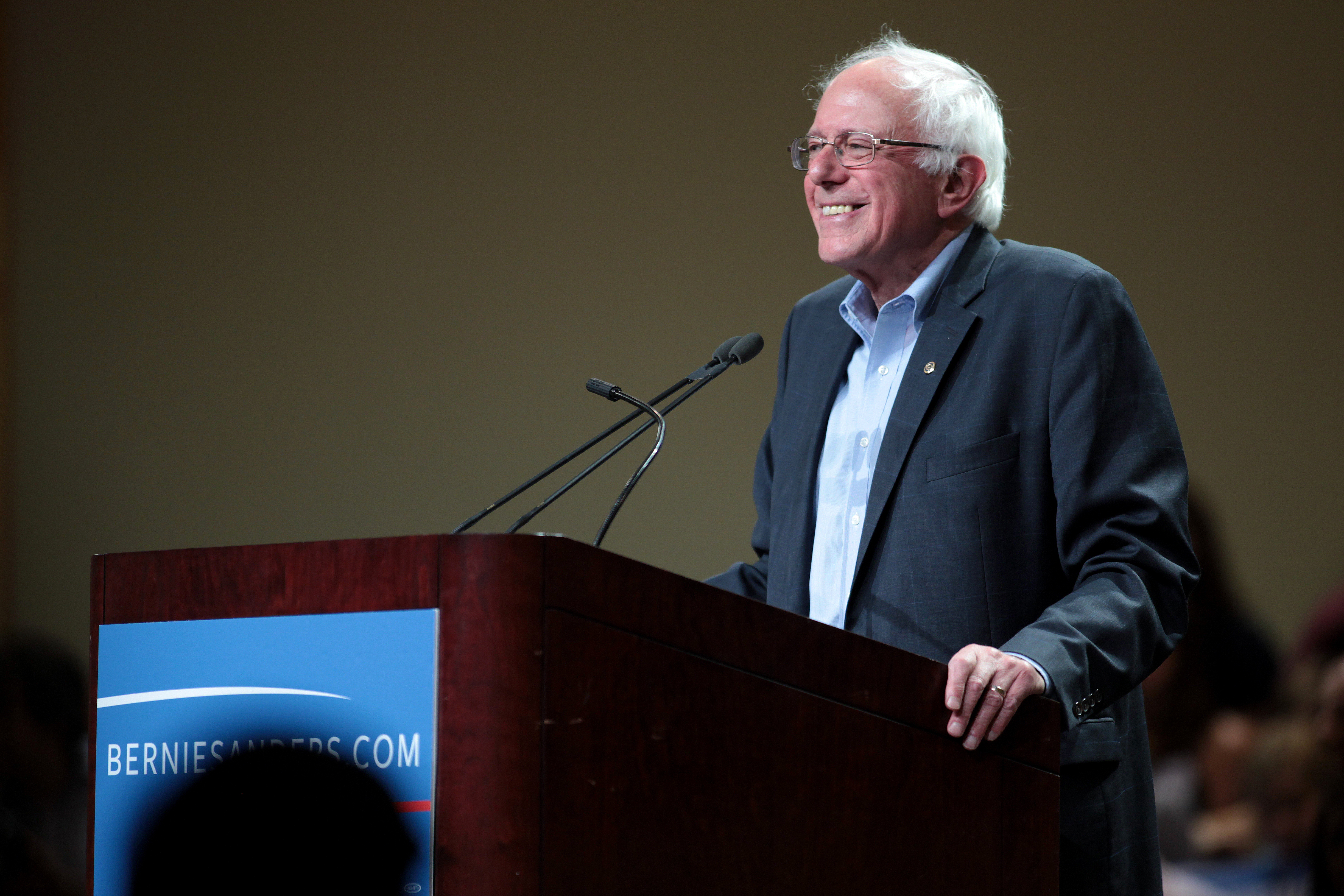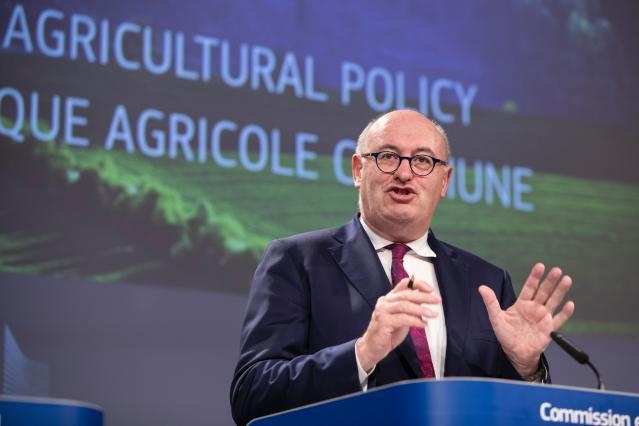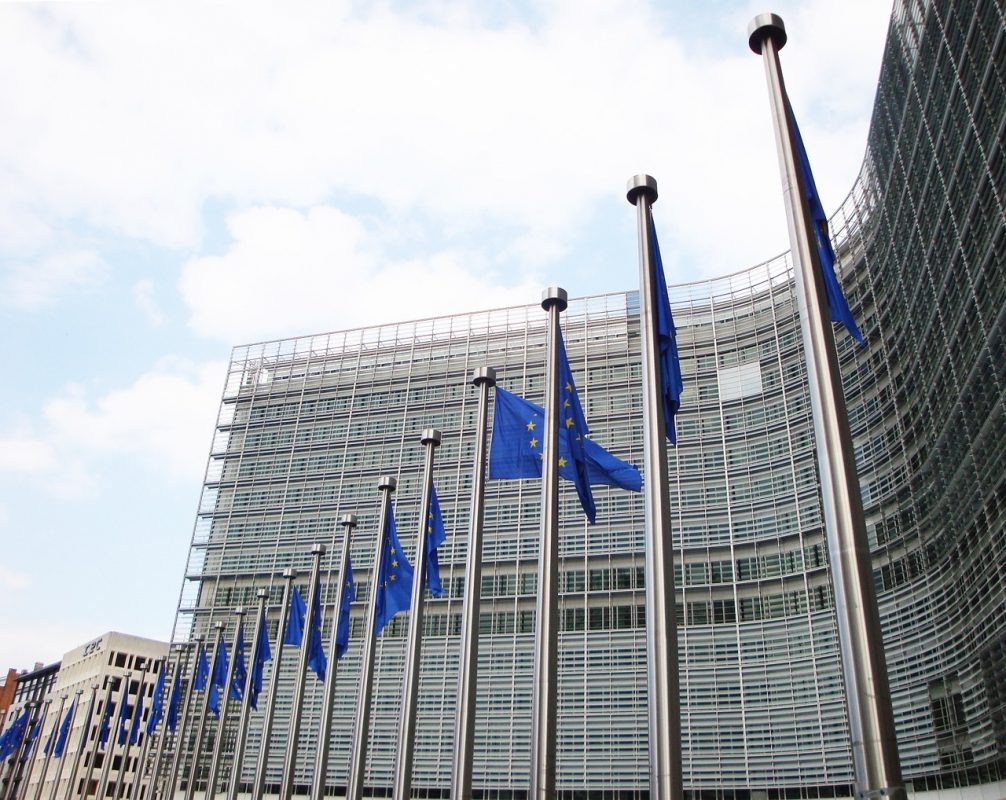Legal action in Colombia against ESB coal supplier

February 27th, 2019
A lawsuit launched against the ESB’s coal supplier in Colombia heightens the urgency for the semi-state to divest from buying coal from the South American country, an Irish human rights group has said.
Last week indigenous and afro-descendent communities in the state of La Guajira – one of the poorest regions of Colombia – launched a legal challenge against a recent modification of the environmental license for the Cerrejón coal mine.
The mine is one of the largest open-pit coal mines in the world, with Cerrejón producing and exporting nearly 32 million tonnes of coal in 2017, over one-third of total national exports.
The lawsuit filed by affected communities argues that the alteration to the license was carried out without an Environmental Impact Assessment. The plaintiffs are also seeking an injunction to suspend any further alteration of the license that would allow an expansion of mining activities.
The inadequacy of Cerrejón’s environmental license amounts to “a breach of constitutional law, the State’s international treaties, and statutory regulations,” according to Alirio Uribe Muñoz, a legal representative from the José Alvear Restrepo Lawyers’ Collective Corporation.
The expansion of the mine, the legal team said, would exacerbate the current humanitarian crisis in La Guajira caused by the mine, including a loss of food security and lack of access to water that has influenced the deaths of 5,000 children and malnutrition of 40,000.
At the public launch of the legal action last week in Bogotá, Jakeline Romero, a plaintiff from the community organisation, Fuerza de Mujeres Wayúu, said that the mine has impacted on the health of the Wayúu people, as well as impacting on the environment and access to water.
“Our children are dying, they are sick, our women, and our life as a people is in danger. One of the greatest impacts is on our culture, and it’s an issue that isn’t really recognised as one of the most harmful impacts among the systematic human rights violations by the company,” she said.
In a statement, Cerrejón said that the mining company is committed to conducting its operation in line with national law and international standards to prevent and mitigate impacts of its operations.
The company said that it is committed to the respect of human rights and “have been [on] a journey to implement standards” aligned with the UN principles on business and human rights.
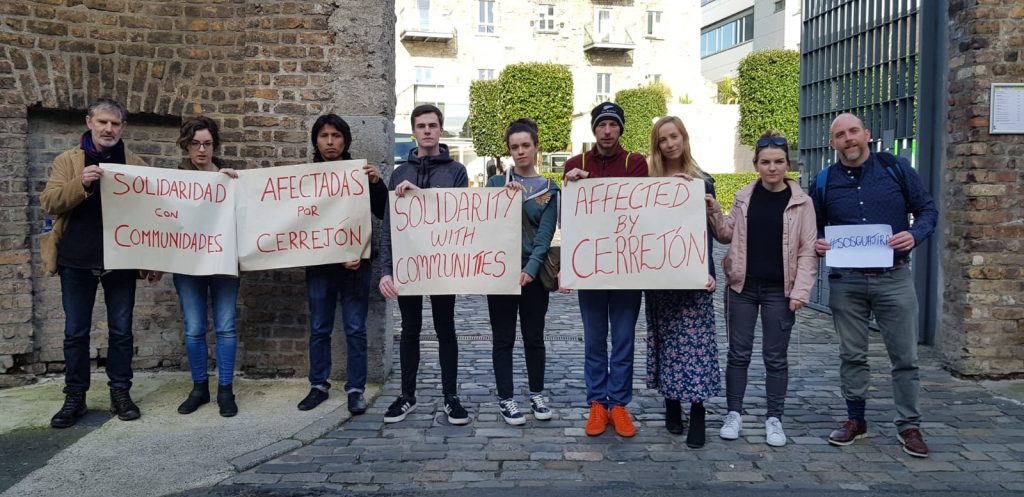
Irish role in Cerrejón
Since 2011, just over 60 per cent of total coal imports – around 7.8 million tons – for use at ESB’s Moneypoint power station in Co Clare have come from the Cerrejón mine, according to documents released to The Green News under Access to Information on the Environment Regulations.
Further documents released by the semi-state show that the majority of coal imported from Colombia is purchased through the Coal Marketing Company (CMC) based in the heart of Dublin.
CMC, jointly owned by the three companies who run Cerrejón mine, is responsible for marketing coal from the mine, coordinating the sale and delivery of over 450 million tonnes of Cerrejón coal.
In January, The Irish Examiner reported that CMC made an after-tax profit of €62.5m on €2.3bn in revenues in 2017, paying €9.2m in taxes. The company referred The Green News to Cerrejón for any media queries.
Speaking from a protest outside CMC’s offices in Fumbally Square last weekend, the coordinator of the Latin America Solidarity Centre (LASC) Sian Cowman called for the ESB to immediately divest from Colombian coal.
“Ireland is complicit in the documented human rights violations inflicted on local communities by the Cerrejón mine, as the ESB imports this coal, and the mine’s global sales company is located in Ireland,” she said.
“It is unacceptable that Irish taxpayers’ money is sponsoring the destruction of communities in La Guajira. The legal action launched in Colombia by communities in an attempt to safeguard their fundamental rights stresses the urgency of the ESB’s divestment from this blood coal,” she added.
Numerous Colombian and international human rights and environmental organisations, as well as academics, have accused the mine of links to human rights abuses, including intimidation, assault and death threats against activists.
Cerrejón said that it is concerned by threats to social leaders in Colombia, a situation that “we resoundingly reject and one that greatly alarms us”.
“During 2018 and at the beginning of 2019 we have seen an increase in these situations, and in each and every one we have responded by immediately notifying the local and national authorities and calling them to act and investigate,” the company said.
In a statement, the ESB said that it is also aware of problems reported in the media and by other organisations in previous years and “will remain vigilant to the issues raised”.
The utility told The Green News that it will track these issues in the context of an assessment process undertaken by Bettercoal – an international alliance of major coal-buyers to establish globally responsible coal supply chains – as part of its “commitment to use responsibly sourced coal”.
The ESB pointed to a recent Bettercoal assessment of the Cerrejón mine based on two site visits in July 2018 and interviews with senior management, community representatives, trade unions, government officials and NGOs.
The Bettercoal assessment concluded that the mine’s operating principles, including how it conducts its business, treats its staff, and works with its neighbours, are essentially in line with its best practice code.
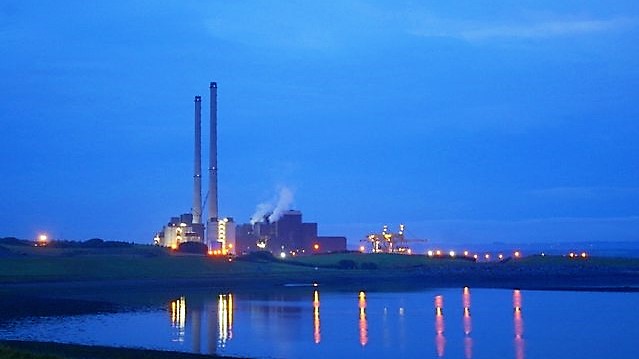
Criticism of Bettercoal’s report
A public version of the report was heavily criticised, however, in a letter sent to the ESB last week by 11 human rights and civil society organisations from across Europe, many of whom work with groups in Colombia.
The groups told the ESB that the content of the Bettercoal report is “disappointing and inadequate to push for improvement in the coal supply chain”. The report “falls far short” of international guidelines for multinational enterprises, the letter states, as there was “little consultation with local and international stakeholders”.
The letter is also critical of Bettercoal’s disclosure about site assessments, with no specific information about risks and impacts identified by the assessment.
The groups also took issue with the exclusive use of positive examples from Cerrejón in the report that, they argue, is aimed at “creating a positive image of mining companies”.
The groups recommended that affected communities and NGOs are more closely consulted in future and that environmental and human rights impacts should be mentioned in the public report.
The ESB confirmed receipt of the letter but said that it would be more appropriate for Bettercoal to respond as “the criticisms contained in the statement are levelled at Bettercoal”.
In a lengthy statementto The Green News, Bettercoal’s Executive Director Anne-Claire Howard said that the public summary of the report criticised in the letter “does not reflect all the work which goes into the assessment of a mine”.
She said that over 30 interviews were carried out with stakeholders outside of the mine including trade union representatives, local community leaders and government and international organisation officials.
Site assessors are independent third-party assessors, she said, with the Bettercoal secretariat and members not involved in the assessments or production of the reports.
“Bettercoal welcomes constructive criticism and we view this open letter as an opportunity to further improve the way Bettercoal communicates with stakeholders across the value chain,” she said.
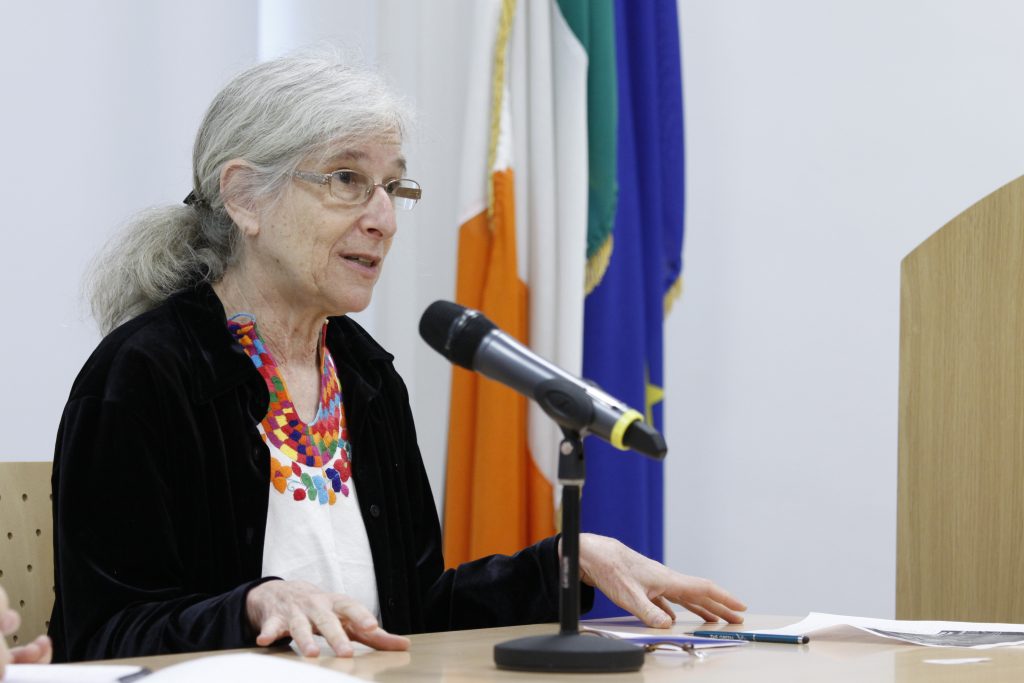
‘Not good enough’
According to Professor Aviva Chomsky of Salem State University, the ESB’s reliance on its membership of the Bettercoal initiative as a sign of its commitment to ethical sourcing is not good enough. Prof Chomsky has been a vocal critic of the Cerrejon mine that until recently supplied coal to a Salem power plant.
Speaking to The Green News during a recent visit to Ireland, Prof Chomsky said that both the ESB and the Government should make an effort to “truly investigate the accusations against the company” and demand that it “
One of Prof Chomsky’s colleagues and Clare native, Dr Noel Healy, has visited La Guajira on several occasions as part of a research delegation investigating human rights abuses in the mining zone.
During visits last year – documented in a recent academic paper– Dr Healy said that scores of community leaders told him of “physical force, coercion, intimidation, death threats, and contamination of farmland and drinking water”.
He said that Cerrejón relies on corporate social responsibility programmes such as its cooperation with Bettercoal best practices to justify its operations. In reality, however, Healy says that the research team discovered a very different story, one of “violence, suffering, and forcible displacement”.
Cerrejón said that, together with other companies, civil society organizations and State institutions, it has published a joint declaration “rejecting the cases of threats or attacks to social leaders”.
“We are also defining a program aimed at strengthening the capabilities of authorities and the community, which will allow them to know the official routes for attention, clarify roles and responsibilities, and promote spaces for dialogue aimed at enhancing trust between the parties,” a company statement reads.
[x_author title=”About the Author”]


